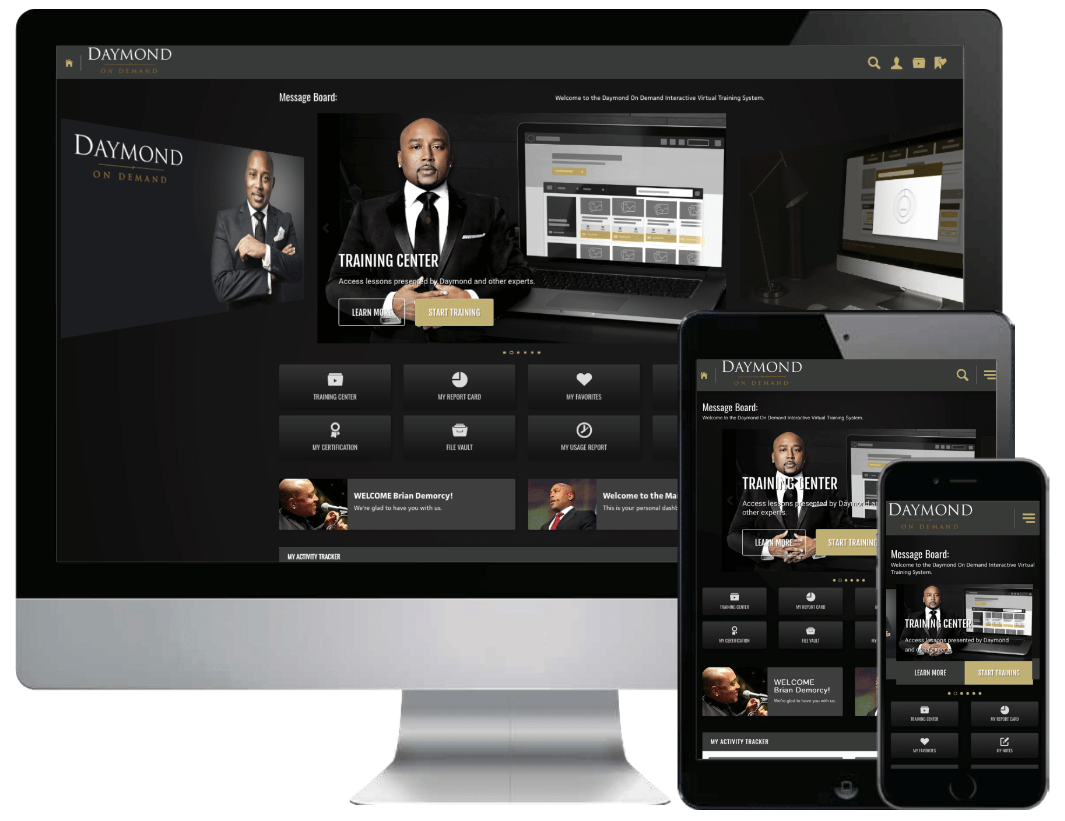“What is it like to teach with a Shark?”
Babson Lecturer of Entrepreneurship & Technology, Dr. Caroline Daniels, sums it up in A Babson Faculty Blog:
Seven Lessons Learned From Teaching With Shark Daymond John
Now that Daymond is beginning his second semester at Babson, I have been inundated by emails and phone calls asking, “What is it like to teach with a Shark?”
The short answer is: “lots of fun and action-packed!”
At the beginning of the semester, Daymond was completing filming on the upcoming season’s ABC Shark Tank. Daymond crafted the course by offering to bring the business opportunities in which the Sharks had invested to our graduate student team to examine, explore, and assist in developing. Babson College Entrepreneurial Thought and Action, in action!
He posed the initial questions for the course in this way: Here are the opportunities the Sharks are in the process of investing in? What do you think of these ideas? Dig deeper and develop a picture of the market opportunity. What would you do with the business ideas? How would you develop the market opportunities? What strategic alliances would you go after?
Here are seven lessons-learned from teaching with the Shark.
Lesson 1: Building A Business Is Action-Packed
Sharks like action. By all means, act when you feel the time is right, but take action. When in doubt, try it out. You can learn as much about business from failure as you can from success. Take lessons learned from each venture or effort and apply them to your next.
Lesson 2: Ask – How Is This Going To Work?
Understand the operations of the business opportunity from soup to nuts. Ask the right questions and be hands on. How are things going to get done and who is going to do them? How many actions have to align to bring the product to market, to reach the customer, and to exceed expectations? What is the timing of events from product creation to delivery?
Lesson 3: Build And Engage Your Network
Sharks build strong relationships and strategic alliances. Daymond is constantly developing his network in his particular “hyper” connectivity.
Daymond said, “Sometimes you have to over deliver to be a valued business partner. Over deliver and you will be given something.” All of the entrepreneur’s actions are about delivering value; some of this work is relationship building, which leads to building the foundation for future business
Lesson 4: Sharks Focus
Make sure you have drive, focus, and vision. Once you have selected the opportunity, go at it with energy; stay focused on that opportunity, and constantly build the vision for how the opportunity can grow. Opportunities need momentum to succeed.
Once started, and especially once the opportunity begins to succeed, entrepreneurs can get sidetracked by sideline opportunities. Sharks stay focused.
Lesson 5: Customer, Customer, Customer And Sales, Sales, Sales
Do you have an opportunity that will create sales? Prove it. Demonstrated sales are convincing evidence that your product or service has a real market.
Lesson 6: Surround Yourself With Excellent People Whom You Trust And Make Sure Your Word Is Your Bond
Values are part of the entrepreneur’s identity and his/her stock in trade. Business partners and customers judge you by your actions. Make your actions consistent with your values. Follow through.
Daymond brought with him many talented individuals to engage on the project, most notably, his two right hands: Ted Kingsbery acted as Daymond’s operations manager, keeping the projects moving along and focused, while Champ Nichols gave us philosophical and morale building perspectives.
One reference Champ gave us from Mary Kay Ash, founder of Mary Kay Cosmetics, became a watch phrase for the course: “Everyone has an invisible sign hanging from their neck saying, ‘Make me feel important.’ Never forget this message when working with people.” This is a great rule of thumb for building relationships with customers, strategic alliances, employees, and students!
Lesson 7: Brand Is All Important
Be your brand. You are the primary representative of your brand. Communicate your key messages in a variety of formats, including social media, and be true to your values.

















